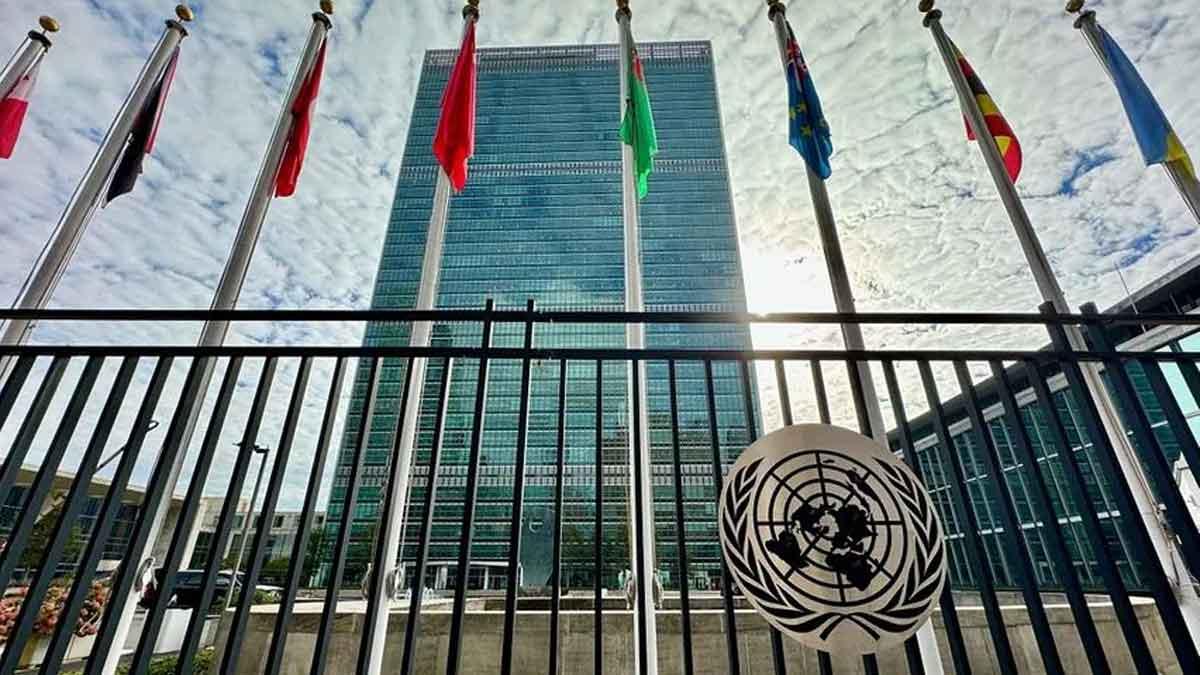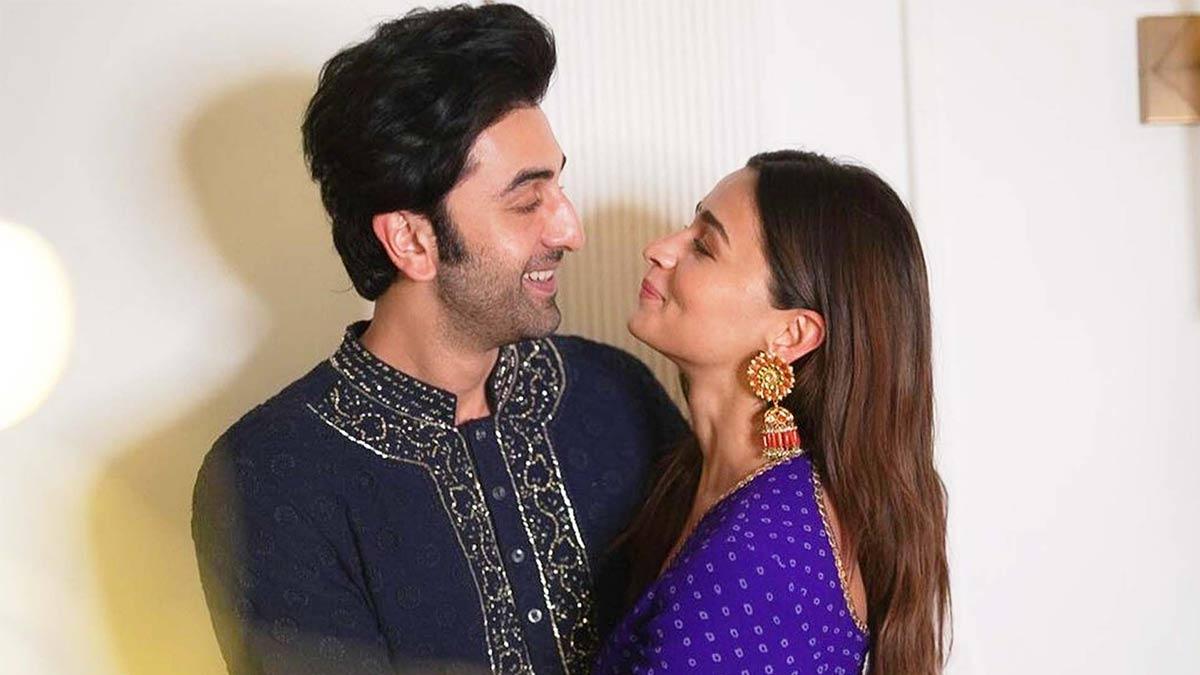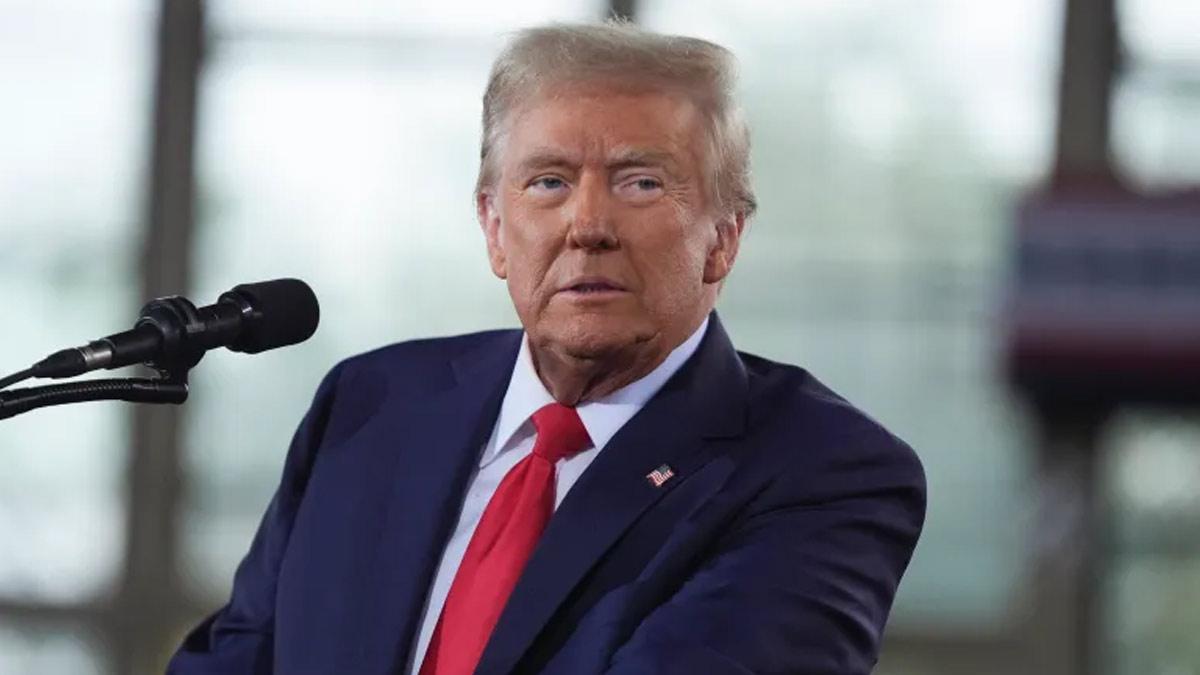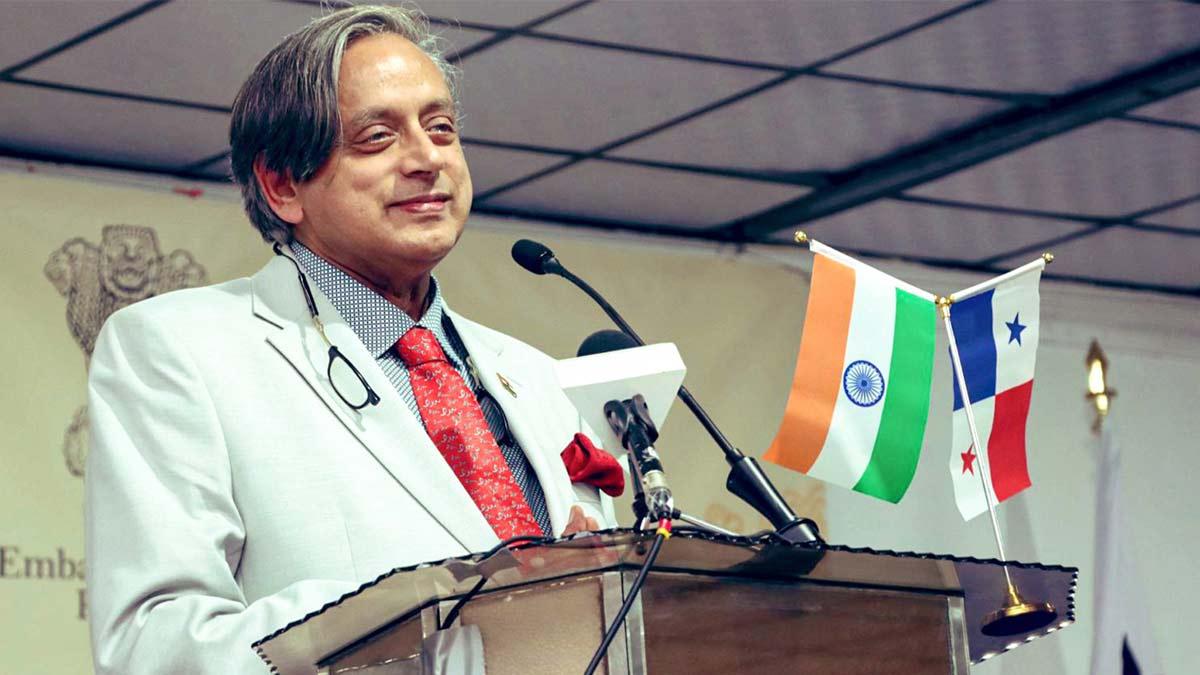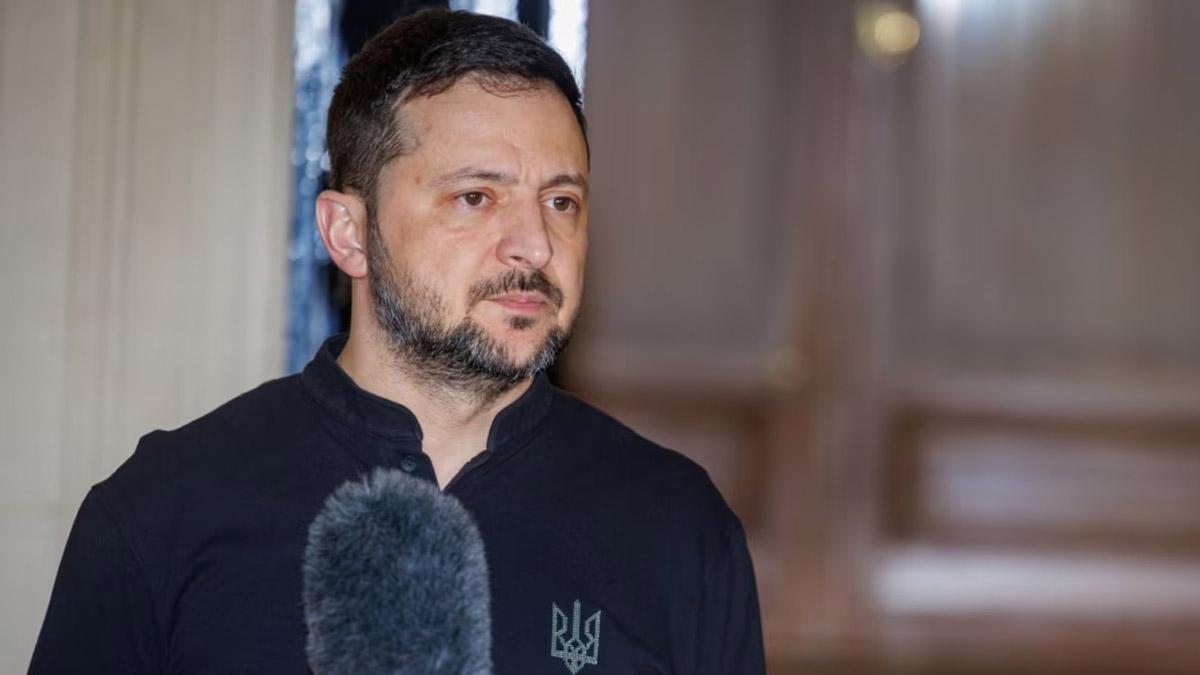Expressing deep concern over the ongoing lack of safeguarding measures for young women and girls from minority communities, particularly Christians and Hindus, in Pakistan, United Nations experts have emphasized the nation's responsibility to adhere to its commitments under the relevant international covenant.
Highlighting the vulnerability of Christian and Hindu girls to various forms of exploitation including forced religious conversions, abduction, trafficking, early and forced marriage, domestic servitude, and sexual violence, the experts underscored the urgent need for action. A statement from the Office of the High Commissioner for Human Rights, United Nations, quoted the experts as stating that the exposure of young women and girls from religious minority backgrounds to such egregious human rights violations, coupled with the impunity enjoyed by perpetrators, is intolerable and unjustifiable.
Expressing alarm over the validation of forced marriages and religious conversions of minority girls coerced into such unions, often sanctioned by courts invoking religious law, the experts denounced the prevailing impunity for such crimes. They lamented that perpetrators frequently evade accountability, with law enforcement dismissing crimes under the guise of 'love marriages.'
Emphasizing that child, early, and forced marriage cannot be justified on religious or cultural grounds, the experts reiterated that consent is irrelevant when the victim is a child under 18, according to international law. They stressed the fundamental right of women to freely choose a spouse and enter into marriage, asserting that this right must be protected and upheld by law. The experts advocated for legal provisions to annul marriages contracted under duress, with due consideration for the well-being of affected women and girls, alongside ensuring access to justice, remedy, protection, and support for victims.
The panel of experts, including representatives such as Tomoya Obokata, Siobhán Mullally, Nicolas Levrat, Nazila Ghanea, Dorothy Estrada Tanck, Claudia Flores, Ivana Krstić, Haina Lu, and Laura Nyirinkindi, reiterated the imperative to address cases of forced religious conversions from Hindu and Christian minorities. They stressed that while children have the right to freedom of thought, conscience, and religion, any change in religion or belief must be voluntary and free from coercion or inducement.
Furthermore, the experts urged Pakistan to fulfill its obligations under Article 18 of the International Covenant on Civil and Political Rights (ICCPR) by prohibiting forced religious conversions. They called for concrete actions to bring perpetrators to justice, enforce existing legal protections against child marriage, abduction, and trafficking of minority girls, and uphold Pakistan's international human rights commitments. Adopted on December 16, 1996, the ICCPR is a vital human rights treaty that provides comprehensive protections for civil and political rights.
Read also | China Reports 'positive progress' in Border Dispute Resolution Talks with India
Read also | President Biden Affirms Unwavering US Defense Commitments to Japan and the Philippines

